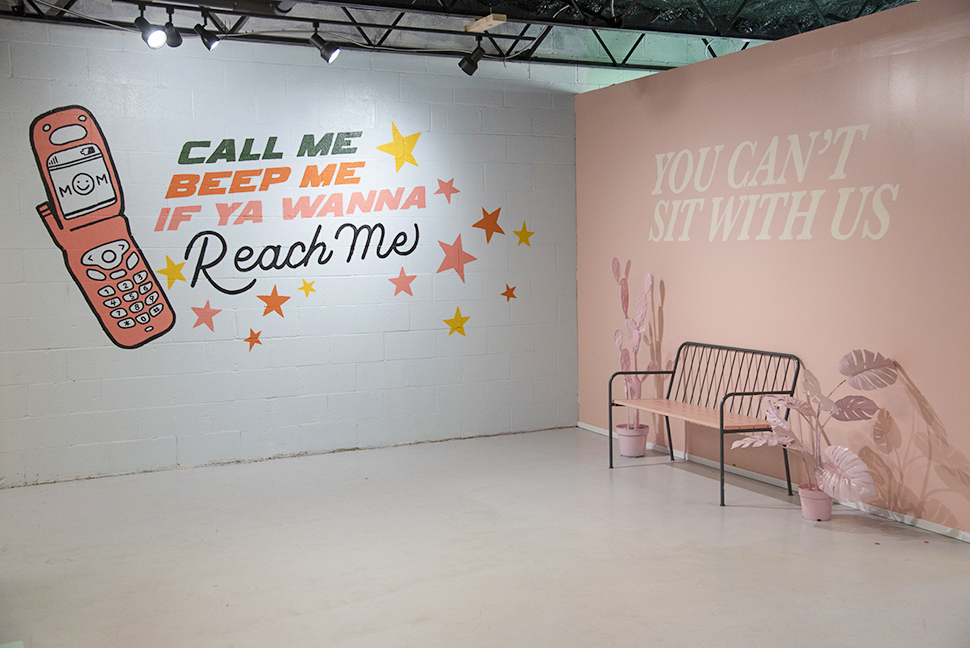
VisitScotland does not have any control over the content or availability of any external website. If you proceed to make a booking you will leave our Website and visit a website owned and operated by a third party. Any booking you make will not be placed with VisitScotland and we will have no liability to you in respect of any booking.

You may use this booking system to place direct bookings with third party accommodation providers. It is intended to provide real time availability information relating to accommodation which is also provided by third parties. The basis of their collections are the Documentary Fonds recognized by Unesco as part of the Memory of the World Program, specifically those from the organizations stored in the House of Memory: FASIC, Corporación de Promoción y Defensa de los Derechos del Pueblo (CODEPU), Fundación de Protección a la Infancia Dañada por los Estados de Emergencia (PIDEE) and Teleanálisis Archives, as well as several documents and objects from other human rights organizations in Chile and the world, organizations of victims and families, personal collections and documents generated by the state administration.This booking system and any information appearing on this page relating to the availability of any accommodation is provided by third parties and not by VisitScotland. The Museum of Memory and Human Rights is a dynamic and interactive space that rescues Chile’s recent history and recovers truth, which grows and reflects itself in a culture of respect for the dignity of individuals.ĪBOUT THE COLLECTIONS The museum holds collections that reflect the multiplicity of stories that make up the historical memory, in all its diversity and uniqueness, which include accounts of every daily life from that period throughout the national territory, as well as solidarity and the intervention of the international community regarding the human rights violations in Chile.Ī key and indispensable source for knowledge and reconstruction of the recent past, they represent a basic contribution for research in different areas. Its spaces for temporary exhibitions, its 8,000 square meter plaza, the auditorium and the public art pieces that are part of the architecture are intended to transform the Museum into a high profile cultural institution in Santiago. The archives’ patrimony includes oral and written testimonies, legal documents, letters, tales, literary production, press clips, visual and radio material, feature films, historical material and documentary photos. Through objects, documents and archives presented in different settings and formats, as well as an innovative sight and sound presentation, it is possible to learn part of this history: the military coup, the repression that took place in the following years, the resistance movement, exile, international solidarity, reparation policies, among other issues. Its location, on Matucana Street, is also part of an ongoing effort to promote the cultural circuit of Santiago’s West Side. Its purpose is to promote educational initiatives that enhance knowledge and consideration. It is a Bicentennial project, inaugurated on January 2010, by then President Bachelet.


Its mission is to allow dignity for victims and their families, stimulate reflection and debate and to promote respect and tolerance in order that these events never happen again. ABOUT THE MUSEUM The Museum of Memory and Human Rights seeks to draw attention to human rights violations committed by the Chilean state between 19.


 0 kommentar(er)
0 kommentar(er)
